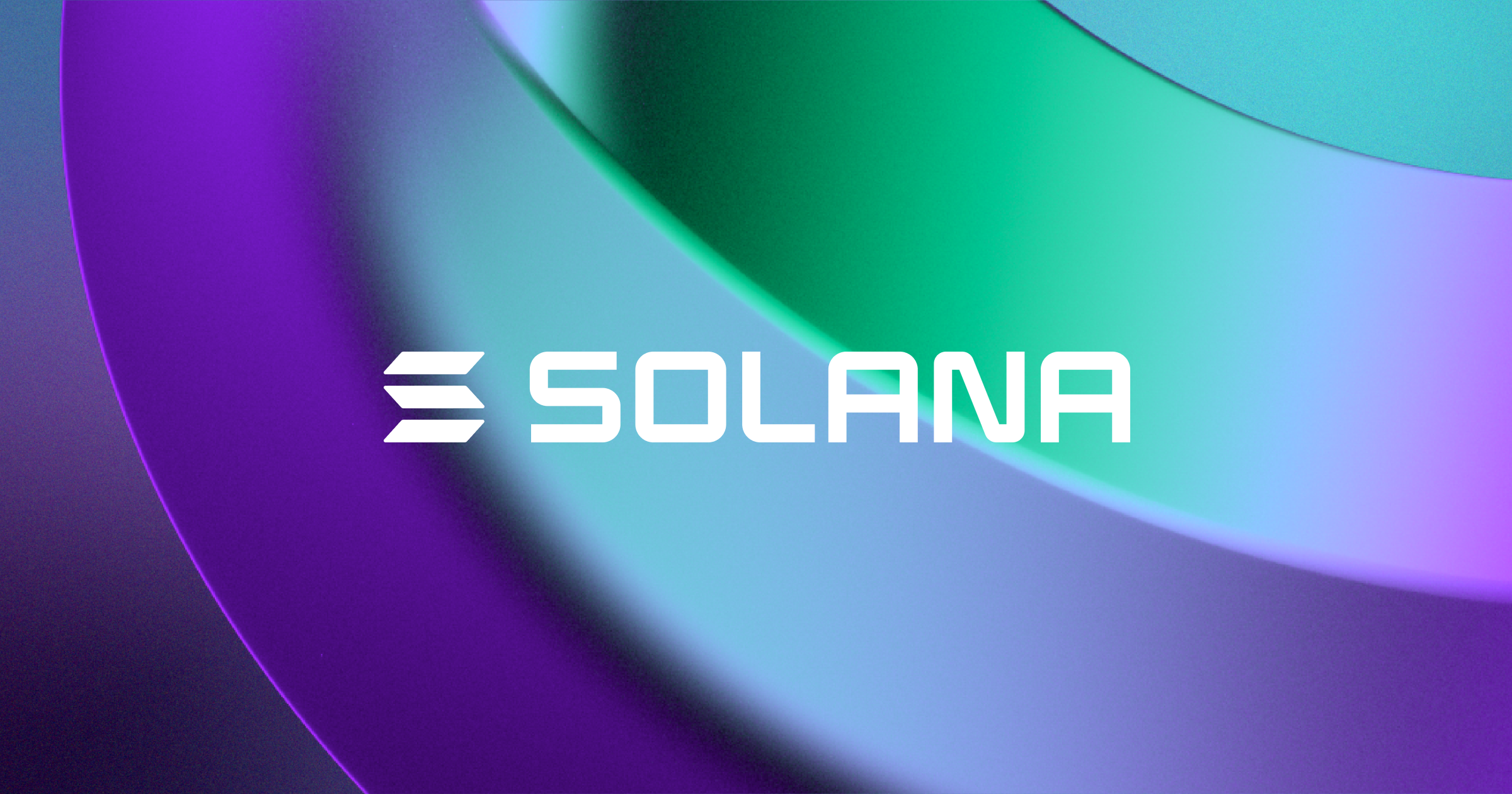Solana Unveils Decentralized Identity Tool to Advance KYC and Compliance in DeFi

In a move to bolster compliance and user verification across decentralized finance, the Solana Foundation has introduced the Solana Attestation Service (SAS)—a decentralized identity layer aimed at streamlining Know Your Customer (KYC) processes without compromising user privacy.
Announced on May 23, SAS enables applications to validate off-chain data—such as KYC checks and user accreditation—through cryptographically signed credentials issued by trusted providers. These credentials can be reused across the Solana ecosystem, eliminating the need for users to complete redundant onboarding or verification steps when interacting with different platforms.
“SAS enables compliance, access control, reputation systems, and programmable identity across the Solana ecosystem,” the Solana Foundation said in a statement. “It’s a better, easier experience for both end users and builders.”
Designed to support a broad spectrum of use cases, SAS facilitates DeFi compliance, user uniqueness in DAOs, access control in blockchain gaming, and even location-based verification for connected devices. The decentralized approach also removes the burden on developers to maintain their own identity infrastructure, significantly lowering the technical and regulatory barriers to entry.
The launch of SAS is the debut project from the Solana Identity Group, a consortium of contributors including Civic, Solana.ID, Solid, Trusta Labs, and the Solana Foundation itself. The group’s mission is to build identity systems that are privacy-preserving and purpose-built for Web3 environments.
Nzube Ezido, Country Lead for Solana Superteam NG, emphasized the broader implications of the release. “This might be one of the most important primitives launched in a very long time,” he noted, pointing to its potential in securing real-world assets (RWA) and enhancing trust in off-chain data integrations.
The timing of SAS’s rollout aligns with growing interest from the traditional finance sector in Solana’s infrastructure. Earlier this year, blockchain platform R3—which oversees more than $10 billion in assets on its Corda platform—partnered with Solana to explore asset tokenization and onboard clients such as HSBC. Simultaneously, crypto exchange Kraken revealed plans to use Solana’s network to facilitate international trading of U.S.-listed equities.
These developments point to Solana’s accelerating momentum in bridging blockchain and traditional finance. With high throughput, low fees, and now a native identity layer, the network continues to position itself as a go-to solution for both decentralized and institutional applications.
